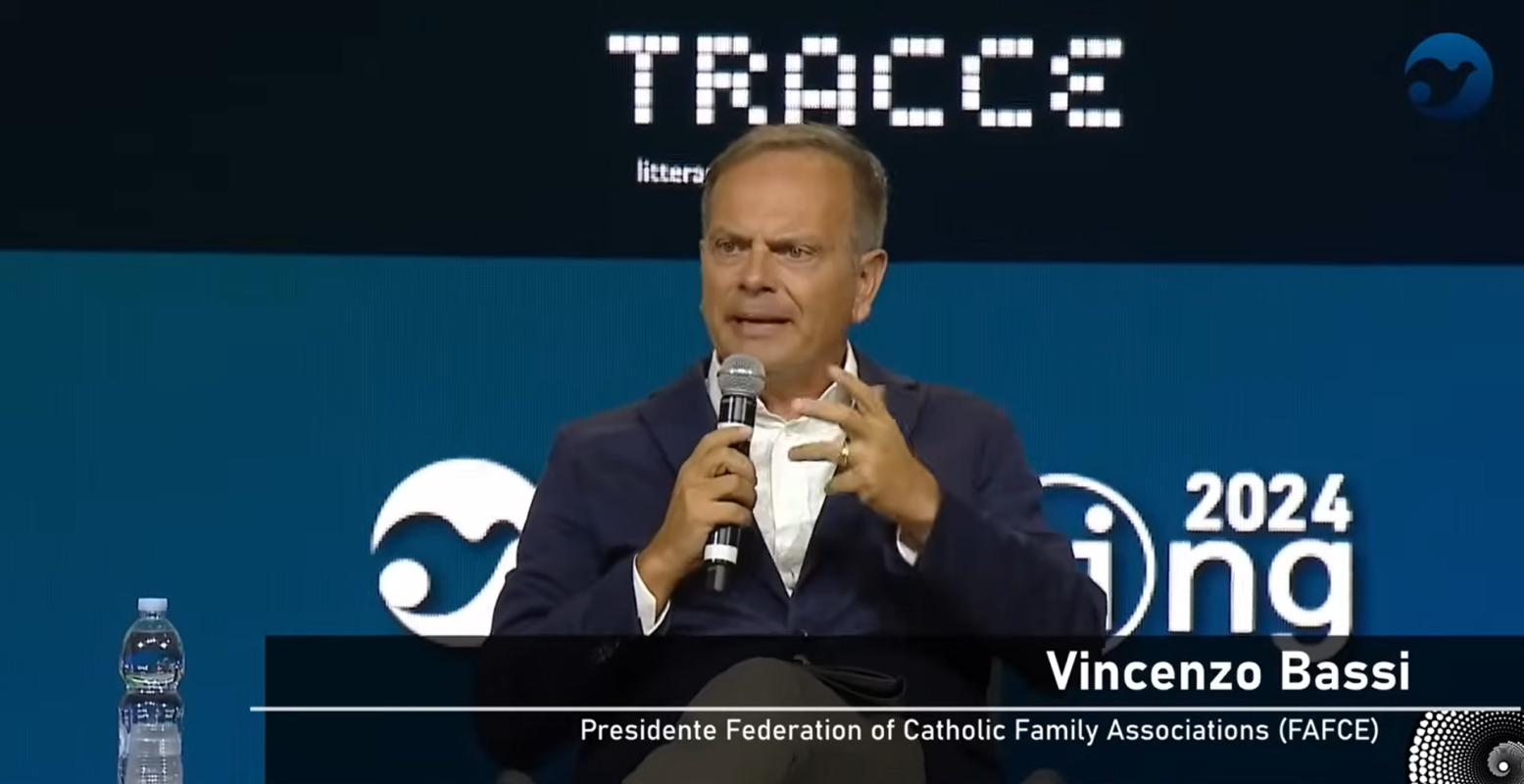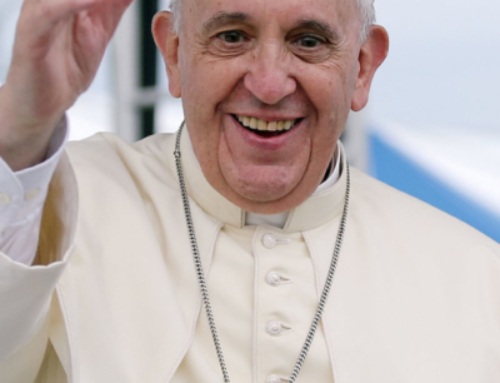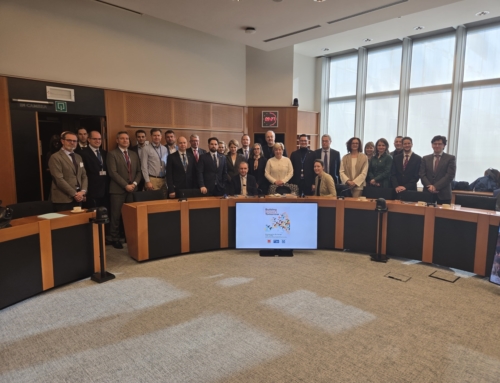Brussels, 9th September 2024
The following is an English translation of the speech given by FAFCE President Vincenzo Bassi at the Rimini Meeting in Italy during the event Family: A Place of Hope on 22nd August 2024. For the original recording of the event in Italian, please find the video here.
For the version with English interpretation.
For the version with German interpretation.
For the version with French interpretation.
“FAFCE was founded with a double mission: on the one hand, to represent the voice of families at the international level, especially at European and international institutions; on the other hand, to encourage the work of family associations. Our federation brings together 33 associations from over 20 countries. Here, then, is how I see the family today from the perspective of an international organisation like FAFCE: how can the family influence the hinge points of history by sowing peace and hope?
The family is a private experience, but one of universal interest. I do not want to be academic, but it is the truth. To speak of family is to speak of concrete reality, of an experience of solidarity, with respect for the dignity of each person. Without the family, fundamental principles such as equality, freedom, solidarity are not fully understood. They remain abstract and empty concepts. And these principles are not only explained in words, they are lived, embodied in daily experience. This is precisely what we as FAFCE try to do: bring the example of the family to the centre of political and civil debate.
Let me speak as a lawyer: in our civil code, there is still the concept of ‘good family man’, which has not been changed, even after millennia, because it dates back to Roman law. Only by living the experience of the ‘good father of the family’ can we truly understand what reasonableness and common sense mean.
From my personal perspective as president of the FAFCE, I have experienced many different realities. One of them is family ecumenism. We travel a lot and meet people from different countries. I remember an experience in Romania, talking to a bishop, who said to me: ‘Look, ecumenism is lived today precisely in the family. Families already pray together, between Orthodox and Catholics.’
But that is not all. Speaking of welcome, integration, migration, I think of our Italian families: it was precisely the ability of families to welcome other families that allowed us Italians to integrate in the countries where we were hosted.
Family unity has even helped to change political regimes. Let us not forget what happened in Poland with Solidarność, a movement that originated from people living in families. Without family unity, what seemed impossible 20 years earlier could not have been done. The family is an expression of unity and also, as mentioned earlier, of the capacity for dialogue. A dialogue that becomes a method, a method that must be exported into society at large.
I confess that for a long time I had not fully understood the meaning of Mother Teresa of Calcutta’s phrase when she said: ‘Peace begins in the family and in simple everyday things’. It seemed difficult for me to understand, especially in relation to the great crises and international contexts. Yet, a simple experience made me realise what she meant.
I’ll tell you this story. I was on a train heading to Milan, sitting next to a family of elderly people who spoke a local language, probably from Battipaglia or Salerno. I am a lover of local dialects and I overhead their interaction. At one point, in Florence, a young Muslim woman, probably Arab, with a child and a suitcase, gets on. The woman, in English, asks the elderly couple for help, explaining that she had to move her luggage and would like to leave the baby for a moment. I was about to approach to explain the situation, but the lady, without saying anything, takes the child in her arms. Two completely different cultures, yet they had started a dialogue.
On the way back, the lady with the child and the Arab girl with her suitcase had already connected. They continued talking the whole trip, even though they did not speak the same language. What do I mean by this? I mean that there is ‘family diplomacy’. Mothers do not raise children to send them off to war. Experience teaches us exactly that. These two women, at that moment, were much wiser than many politicians who try to deal with complex situations without common sense and family experience.
These concrete events of daily life must generate creativity, not only within the family, but also beyond. We must reflect and understand how the experience of communities in dialogue can generate a future without war. I must tell you that this is indeed possible. At the Meeting, there are associations like Parents Circle, which show how diverse cultures can be reconciled.
We must try to go further: anyone who is an expert in international law knows that in every peace treaty, there is always a section on reconciliation. But this part is often neglected, partly because it is handled by large international bodies. We Christians can add something: along with reconciliation, we can offer forgiveness.
Family networks, family associations and institutions that empower families can play a role in those difficult contexts. Of course, they cannot establish a ceasefire, but they can prevent conflicts and ensure that they do not happen again. Think of Bosnia or Kosovo, where the situation remains difficult precisely because not enough attention has been given to peacekeeping processes.
I conclude by saying that we must take example from those two women, who with a simple gesture destroyed all the prejudices that exist among us, using the language of motherhood, a language that is universal. This does not mean giving up our identity, but being aware that being together is a joyful responsibility. Family is a joyful responsibility, not a privilege.
Loneliness is the great disease of our times and it is family networks that can help combat it. The same is true in war situations. I have visited refugee camps and I can assure you that all the people you meet know very well that what they want is peaceful coexistence. Hatred is always incited by those outside the communities who decide that those communities should not live in peace. We must make our communities strong. And I am not talking about an abstract ideal, but about concrete experience. In Europe this has happened, and it has happened thanks to the ability of families to build peace.”







